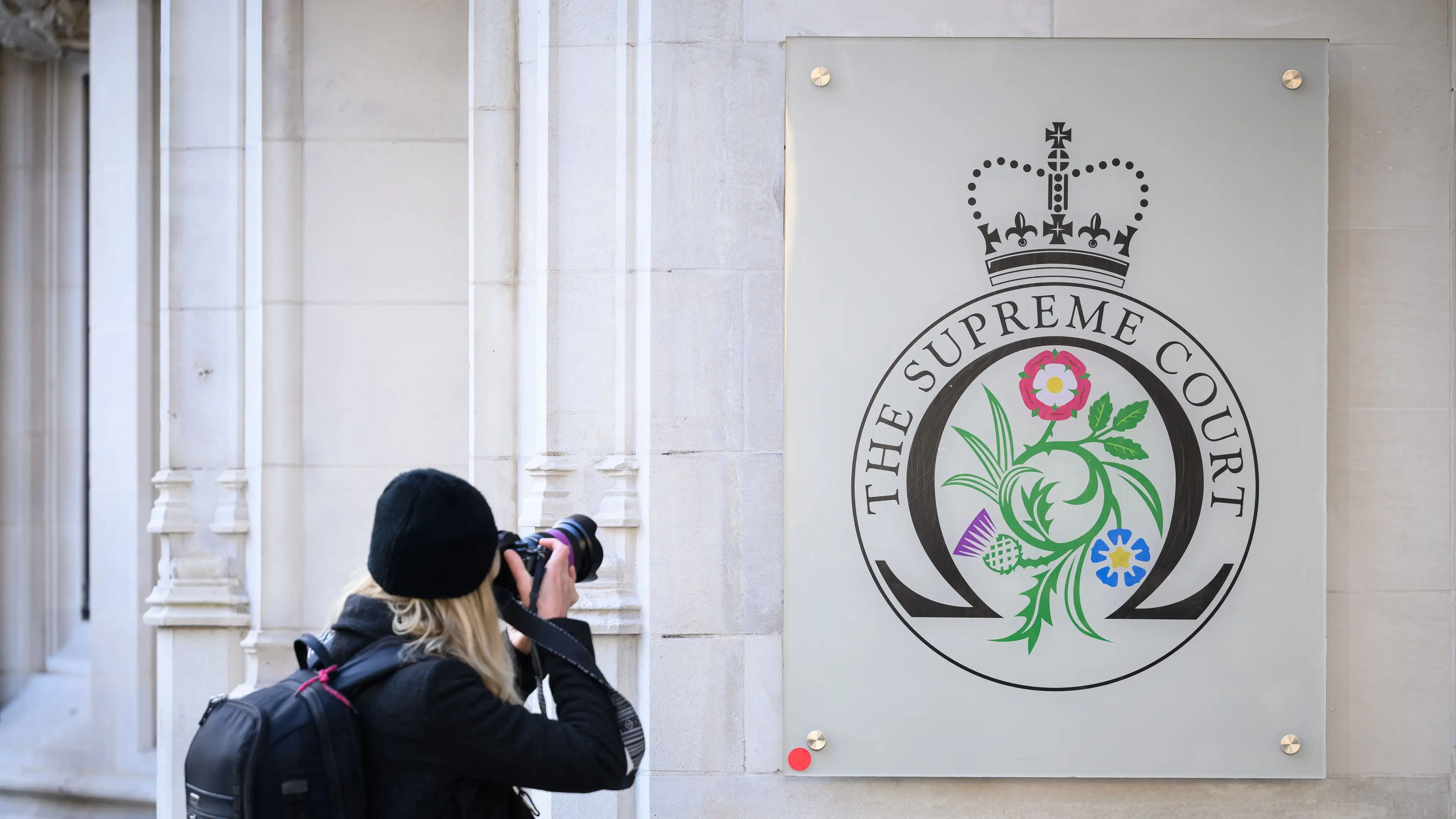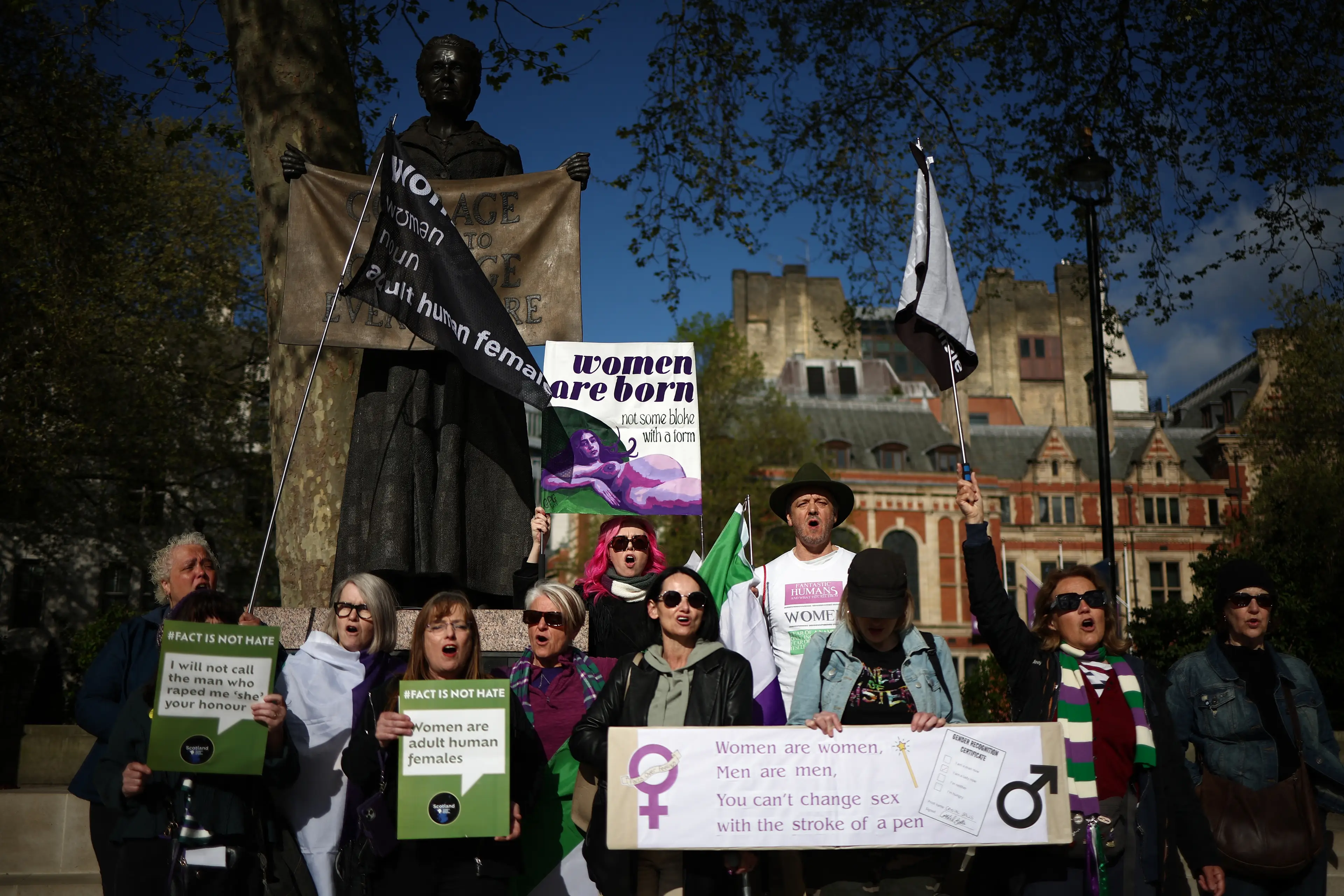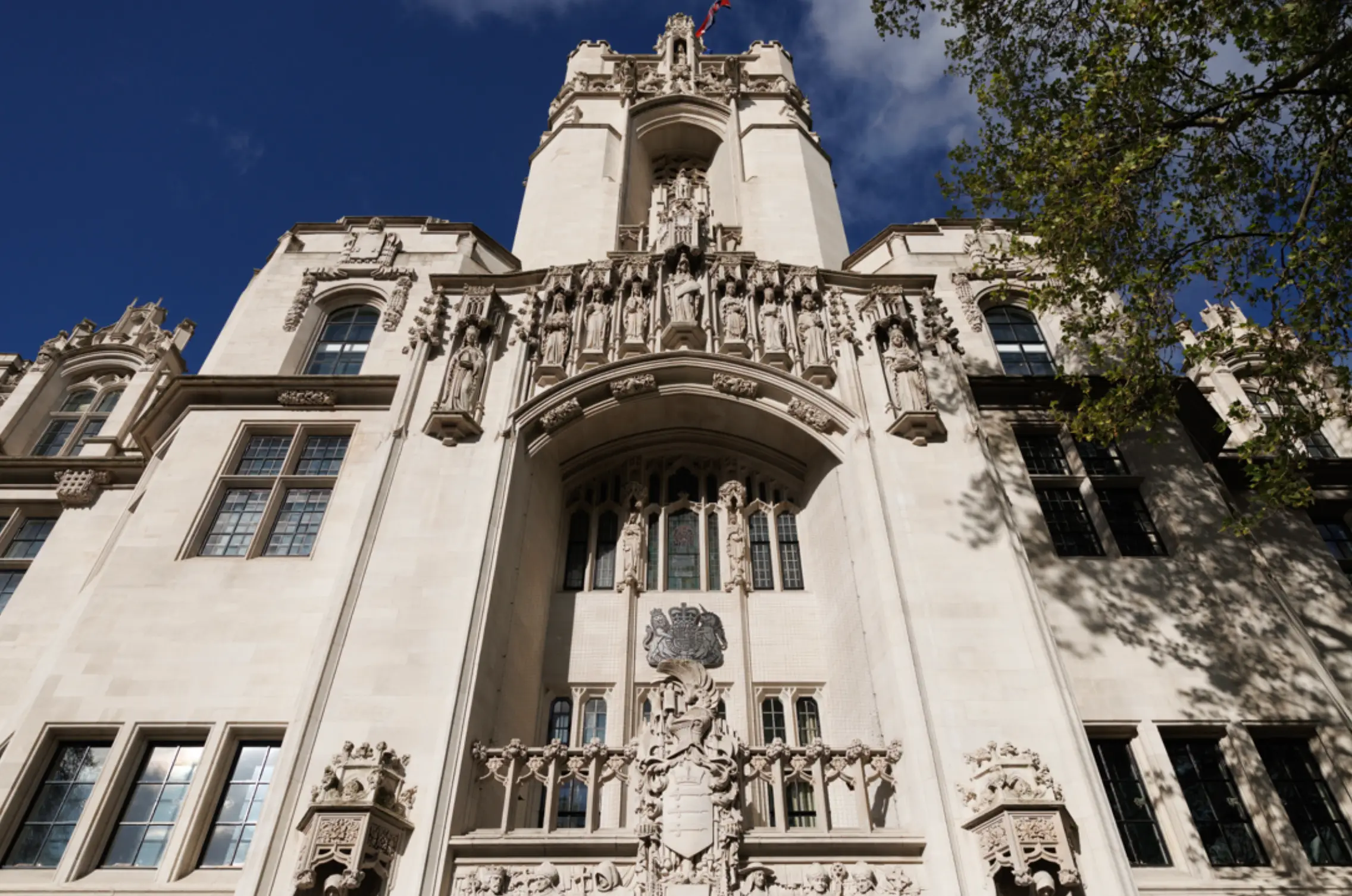Lord Hodge - the UK Supreme Court judge - has ruled that the Equality Act's definition of a 'woman' is to be based on biological sex.
The politician added that this should not be viewed as a triumph for right-leaning representatives, claiming the law will still give transgender people protection against discrimination.
The shock move comes after campaign group For Women Scotland (FWS) raised a series of issues regarding the previous definition of a woman with regards to how it was written in Scottish legislation, mandating 50% female representation on public boards.
The charity first challenged the Gender Representation on Public Boards (Scotland) Act 2018 over its inclusion of trans women in its definition of women back in 2022.
The controversial debate that subsequently arose centred on whether a holder of a gender recognition certificate (GRC) - who describes their gender as 'female' - should be treated as a woman under the 2010 Equality Act.
The amendment was made in response to a challenge raised by For Women Scotland (HENRY NICHOLLS/AFP via Getty Images) The charity previously alleged that avoiding tying the definition of sex to what was once considered its 'ordinary meaning' could have extreme consequences on sex-based rights, as per PA.
Examples given included 'everyday single-sex services', like toilets and hospital wards.
Representing For Women Scotland, Aidan O’Neill KC told attendees an initial hearing in November that sex, man and woman in the Equality Act referencing 'certificated sex' is 'just wrong and should be rejected by the court'.
In response, Scottish Government lawyers later told Supreme Court members at the hearing that a person that holds a GRC is 'recognised in law' or having changed their sex to the one listed.
Ruth Crawford KC, argued that a person who becomes a woman 'in consequence of a GRC' is entitled to those protections 'just as much as others enjoy those protections who are recorded as a woman at birth'.
She added that the 'inevitable conclusion' of the charity's campaign is that transgender women with said GRC certificates would 'remain men until death for the purposes of the Equality Act'.
The UK Supreme Court has issued a new definition (Dan Kitwood/Getty Images) During today's ruling, however, the vote was ruled in the charity's favour, and the definition was altered.
Lord Hodge - sitting with Lords Reed and Lloyd-Jones alongside Ladies Rose and Simler - spoke of a supposed 'central question', before referencing how both 'woman' and 'sex' are defined 2010 Equality Act.
"The terms woman and sex in the Equality Act 2010 refer to a biological woman and biological sex," he continued.
Prior to the ruling, the Supreme Court heard today that in the years since the 2004 Gender Recognition Act was passed, 8,464 people in the UK had obtained a GRC.

 Rhianna Benson
Rhianna Benson
